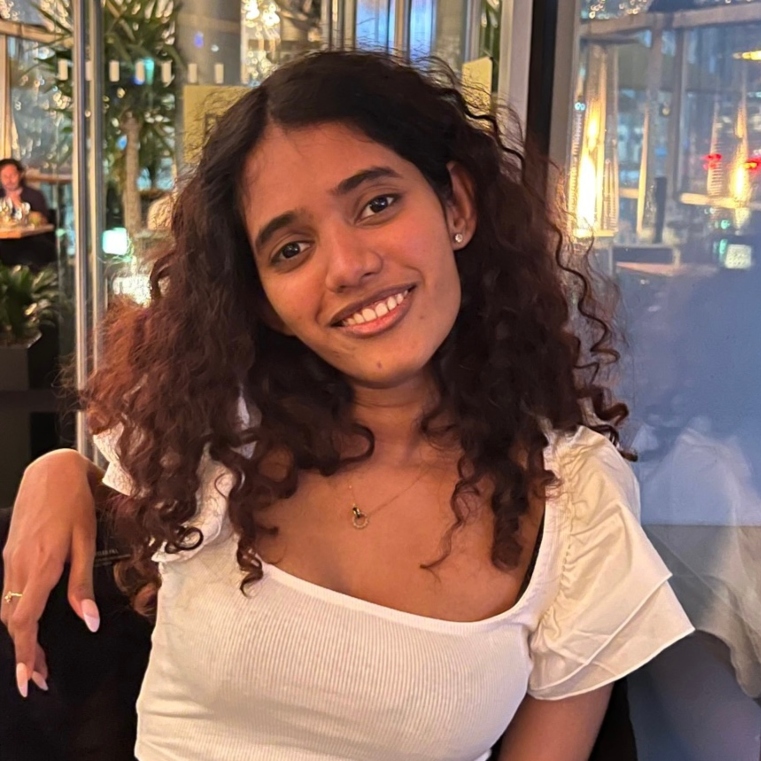
Akhila Menon is JHR’s 2022 JHR Fellow at The Tyee.
The Tyee has been on my radar since I started j-school because they do wonderful reporting on environmental issues. Some of my favourite instructors from school have been regular contributors to the publication and I’m keen on following their example. I’m most looking forward to practising my craft and learning new things. I just completed the stressful process that is writing one’s first personal essay. I hope I’m able to hone all the skills that it takes to succeed as a multimedia journalist – including audience engagement and curation, and reporting on daily news, which isn’t something I’ve done before.
In your experience, what are some of the biggest challenges for BIPOC youth embarking on a journalism career in Canada? How do opportunities like this internship help mitigate those challenges?
My peers and I share this common insight that journalism is a small but very competitive world. And at the end of the day, your competitors are likely to be people you went to school with and shared laughs with. For BIPOC journalists like myself, that’s harder because we also don’t necessarily possess the years of Canadian landscape understanding, which is an important factor in actually getting a job in journalism. A number of internships and fellowships offered during school are exclusive to Canadians, which can also impact the exposure to Canadian culture and connections that we (BIPOC and immigrant journalism students) are allowed to build.
The JHR Fellowship is novel in the fact that it works collaboratively with innovative newsrooms like The Tyee to bring more BIPOC voices to Canadian journalism while providing an environment that’s conducive to nurturing the unique spaces that we occupy as BIPOC journalists. Inclusion should not come at the cost of one’s unique identity and opportunities like the JHR fellowship, I believe, will work to ensure that this erasure stops.


